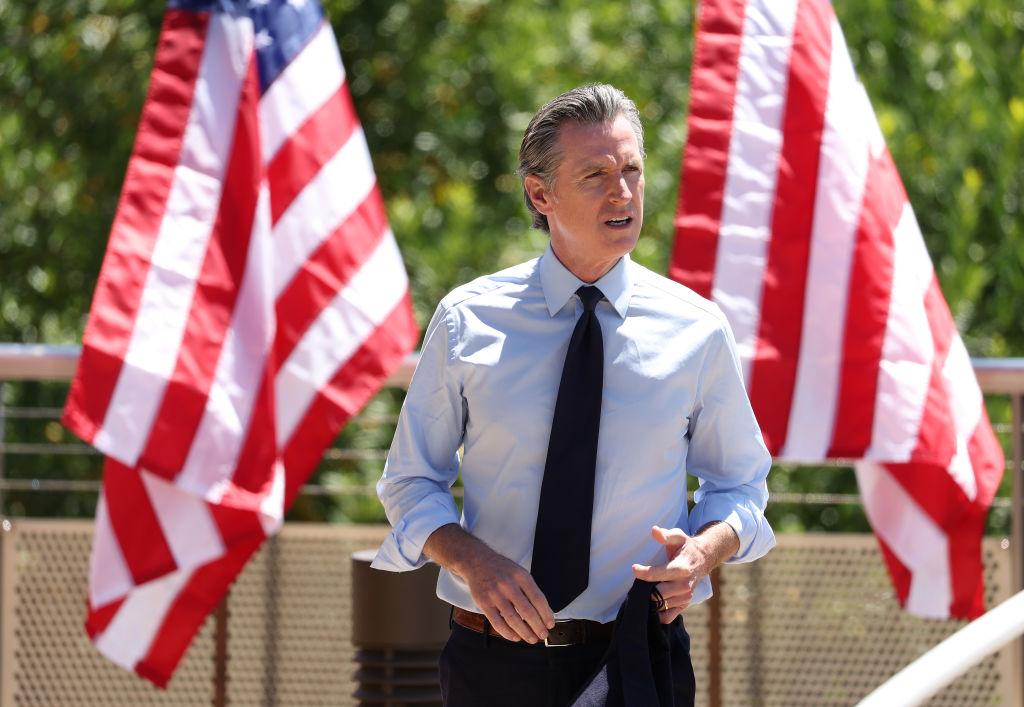Thirty companies that conduct business with the state of California have contributed $1.6 million to Gov. Gavin Newsom’s gubernatorial campaigns while receiving more than $5 billion in contracts with the state government, according to a nonprofit watchdog.
The 30 firms—including Big Tech giants, some of the best-known banks in the United States, a select group of public utilities, and five health care titans—are the biggest winners among the more than 201,000 vendors that in 2021 received a total of $87.2 billion in payments from the state government headed by Newsom since 2019.





